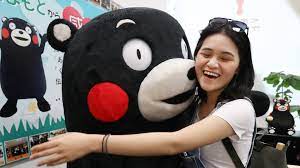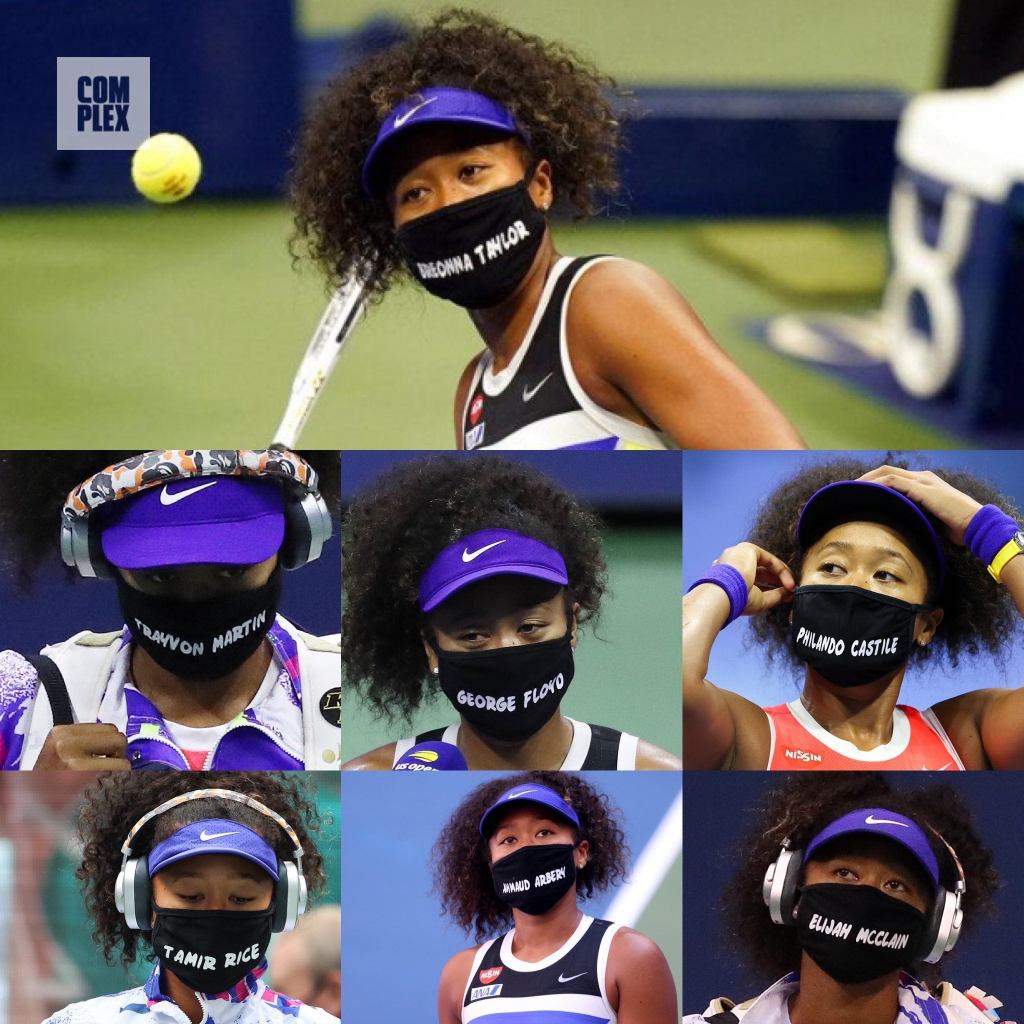The overwhelming pressure felt by superstar athlete, Naomi Osaka, which led to her controversial withdrawals of grand slam, tennis tournaments over “mental depression” and “suffering long bouts of depression” is symbolic of the plight of Black people worldwide. By reading some of the responses to Osaka’s tweet by members of the dominant society, it is evident that many feel that she has no choice other than to endure whatever the mainstream dishes out, regardless of its negative effects on her psyche. In other words, a large part of her being accepted by them is to feebly surrender to their whims. This has absolutely nothing to do with the sport of tennis but, rather, maintaining the status-quo.
Well, in Japan, the dominant society is Japanese people. And they, too, have a set of expectations which are not necessarily in-line with supporting the mental health of its subordinate caste of characters.
Unlike in the West, where the pressure is mostly direct and in-your-face, in Japan, it oftentimes is so indirect the victims are wholly unaware they are under attack until it’s too late. This is analogous to the premise of the frog in a pot of water which is gradually heated. The heat is turned up so slowly the frog is oblivious of any danger and, therefore, fails to save itself by simply jumping out. Over the years, I have met several foreign nationals on this island-nation who fall into this category. Some of them, over time, have become so far removed from reality they can no longer relate to the people from their home countries. Having been fully indoctrinated into their role as a non-threatening gaijin, instead of maturing into shining examples of the greatness of their people, they have been reduced to becoming feeble, non-threatening minorities who are either overly withdrawn and bitter, or they descend to the other extreme and now resemble one of the cute, kawaii mascots like Kumamon.

The Internet, as well as social-media, has changed the landscape for the dissemination of news and information. Unlike in the past, individuals on the ground now have access to greater society to get their message across. Movements such as Black Lives Matter, Me Too, and the LGBTQ+ were launched and supported largely outside of mainstream media outlets. In some cases, the big-wig stations such as BCC, CNN, and MSNBC were forced to provide coverage of grass-roots demonstrations or risk being viewed as outdated sources of news. This is good. For sports fans old enough to remember the courageous stances made by NBA stars Mahmoud Abdul-Rauf or Craig Hodges, we can clearly see the difference between the coverage given to athletic heroes of today and the 1990s. Back in the day, viewers had to rely exclusively on whatever the (uninformed and compromised) commentators on ESPN decided to report about Abdul-Rauf and Hodges. This is a far-cry from the coverage provided for Colin Kapernick’s kneel downs during the national anthem to protest police brutality; or last year’s U.S. Open when Naomi Osaka wore seven different face masks, one for each round of the tournament. On each mask, she inscribed the names of Breonna Taylor, Elijah McClain, Ahmaud Arbery, Trayvon Martin, George Floyd, Philando Castle and Tamir Rice.

In the 21st century We, the People, in order to form a more perfect union, exercise our right to tell our story from our perspective. Thanks to modern technology, we are finally able to step past the ‘gatekeepers and middle-men’ in the dominant culture who keep the masses unaware of what is really taking place. Controlling the narrative when it comes to defining who we are, and being informed about the world and our proper role in society—by us—this is the first step to realizing our melanin-rich greatness.

Please stay-tuned for the book, 21st Century Japan Decoded. It is the only book written for Black people living in Japan.
Takuan Amaru is the author of the trilogy, Gaikokujin—The Story.

by Takuan Amaru
The overwhelming pressure felt by superstar athlete, Naomi Osaka, which led to her controversial withdrawals of grand slam, tennis tournaments over “mental depression” and “suffering long bouts of depression” is symbolic of the plight of Black people worldwide. By reading some of the responses to Osaka’s tweet by members of the dominant society, it is evident that many feel that she has no choice other than to endure whatever the mainstream dishes out, regardless of its negative effects on her psyche. In other words, a large part of her being accepted by them is to feebly surrender to their whims. This has absolutely nothing to do with the sport of tennis but, rather, maintaining the status-quo.
Well, in Japan, the dominant society is Japanese people. And they, too, have a set of expectations which are not necessarily in-line with supporting the mental health of its subordinate caste of characters.
Unlike in the West, where the pressure is mostly direct and in-your-face, in Japan, it oftentimes is so indirect the victims are wholly unaware they are under attack until it’s too late. This is analogous to the premise of the frog in a pot of water which is gradually heated. The heat is turned up so slowly the frog is oblivious of any danger and, therefore, fails to save itself by simply jumping out. Over the years, I have met several foreign nationals on this island-nation who fall into this category. Some of them, over time, have become so far removed from reality they can no longer relate to the people from their home countries. Having been fully indoctrinated into their role as a non-threatening gaijin, instead of maturing into shining examples of the greatness of their people, they have been reduced to becoming feeble, non-threatening minorities who are either overly withdrawn and bitter, or they descend to the other extreme and now resemble one of the cute, kawaii mascots like Kumamon.

The Internet, as well as social-media, has changed the landscape for the dissemination of news and information. Unlike in the past, individuals on the ground now have access to greater society to get their message across. Movements such as Black Lives Matter, Me Too, and the LGBTQ+ were launched and supported largely outside of mainstream media outlets. In some cases, the big-wig stations such as BCC, CNN, and MSNBC were forced to provide coverage of grass-roots demonstrations or risk being viewed as outdated sources of news. This is good. For sports fans old enough to remember the courageous stances made by NBA stars Mahmoud Abdul-Rauf or Craig Hodges, we can clearly see the difference between the coverage given to athletic heroes of today and the 1990s. Back in the day, viewers had to rely exclusively on whatever the (uninformed and compromised) commentators on ESPN decided to report about Abdul-Rauf and Hodges. This is a far-cry from the coverage provided for Colin Kapernick’s kneel downs during the national anthem to protest police brutality; or last year’s U.S. Open when Naomi Osaka wore seven different face masks, one for each round of the tournament. On each mask, she inscribed the names of Breonna Taylor, Elijah McClain, Ahmaud Arbery, Trayvon Martin, George Floyd, Philando Castle and Tamir Rice.

In the 21st century We, the People, in order to form a more perfect union, exercise our right to tell our story from our perspective. Thanks to modern technology, we are finally able to step past the ‘gatekeepers and middle-men’ in the dominant culture who keep the masses unaware of what is really taking place. Controlling the narrative when it comes to defining who we are, and being informed about the world and our proper role in society—by us—this is the first step to realizing our melanin-rich greatness.

Please stay-tuned for the book, 21st Century Japan Decoded. It is the only book written for Black people living in Japan.
Takuan Amaru is the author of the trilogy, Gaikokujin—The Story.
